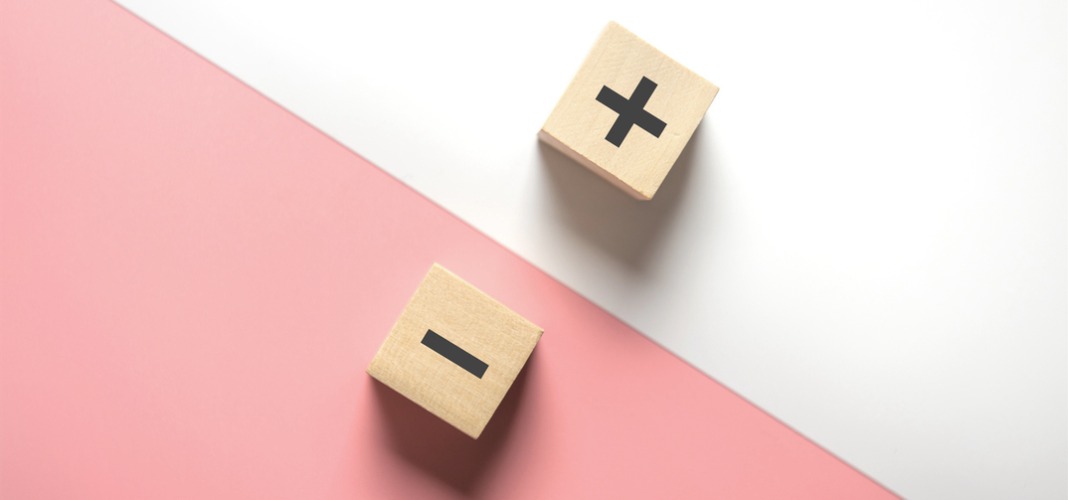According to a study from the University of Virginia School of Engineering and Applied Science, we almost always tend to add something. This is known as subtraction neglect.
“Think about your own work and you will see it. The first thing that comes to our minds is, what can we add to make it better,” says Leidy Klotz, Copenhaver Associate Professor in the Department of Engineering Systems and Environment. “Our paper shows we do this to our detriment, even when the only right answer is to subtract.”
The tendency to improve through addition is evident in every aspect of our lives. We add meetings to solve problems at work, we add homework to improve academic performance, we add an ingredient to perfect a recipe, we add apps to boost efficiency, we add products to enhance skin, but rarely consider how the alternative could be transformative. The more is more mindset is certainly apparent in the world of medicine. If a patient presents with a new symptom, their doctor will typically add a medication. Perhaps subtraction neglect helps explain why so many people end up with tackle boxes full of pills. The result of additive change is full medicine cabinets, closets, schedules, and landfills.
In a Character Lab missive, Prof. Klotz observed that it’s only when encouraged to consider deletion do people brainstorm more creatively. Just because we have a tendency to make additive changes doesn’t mean we don’t have a choice.
The next time you need to solve a problem, deliberately think about what you can take away. Trust me, less can be more.
I wish you all the best,
Dr. Samantha Boardman






